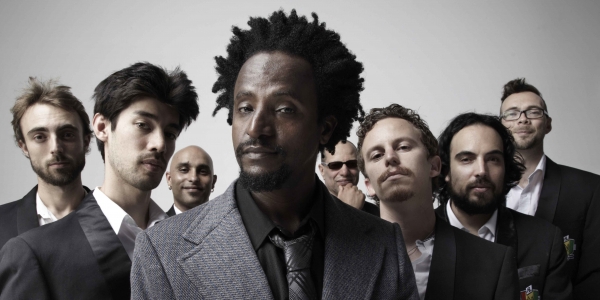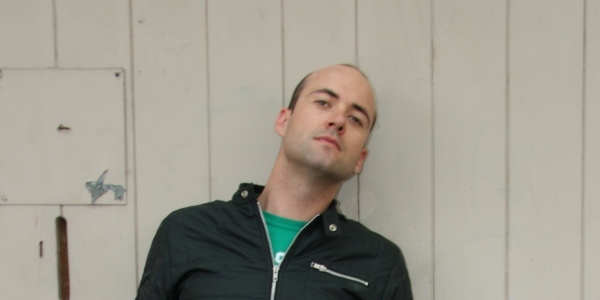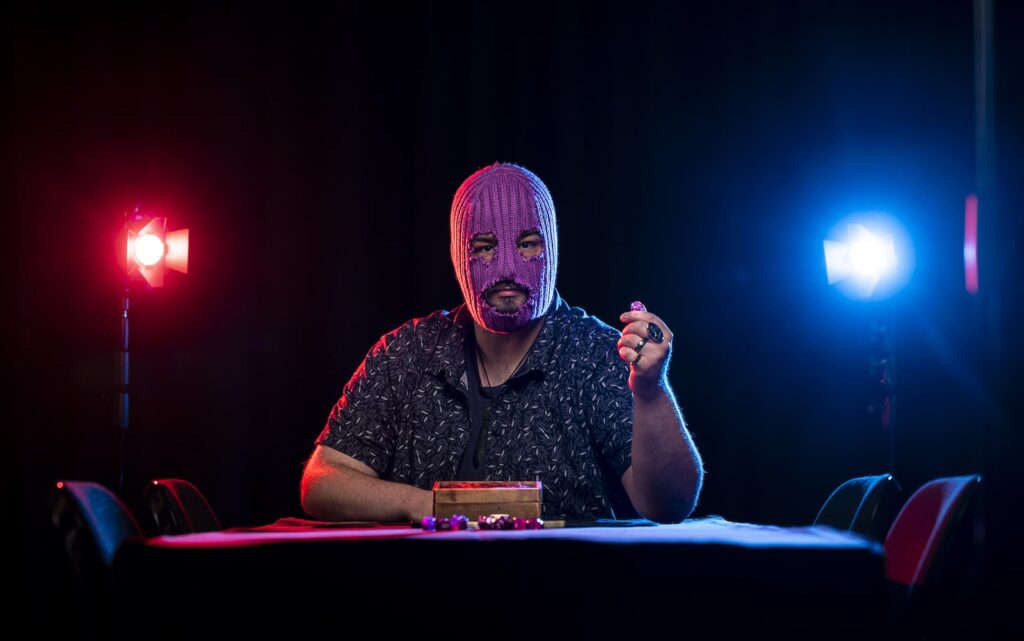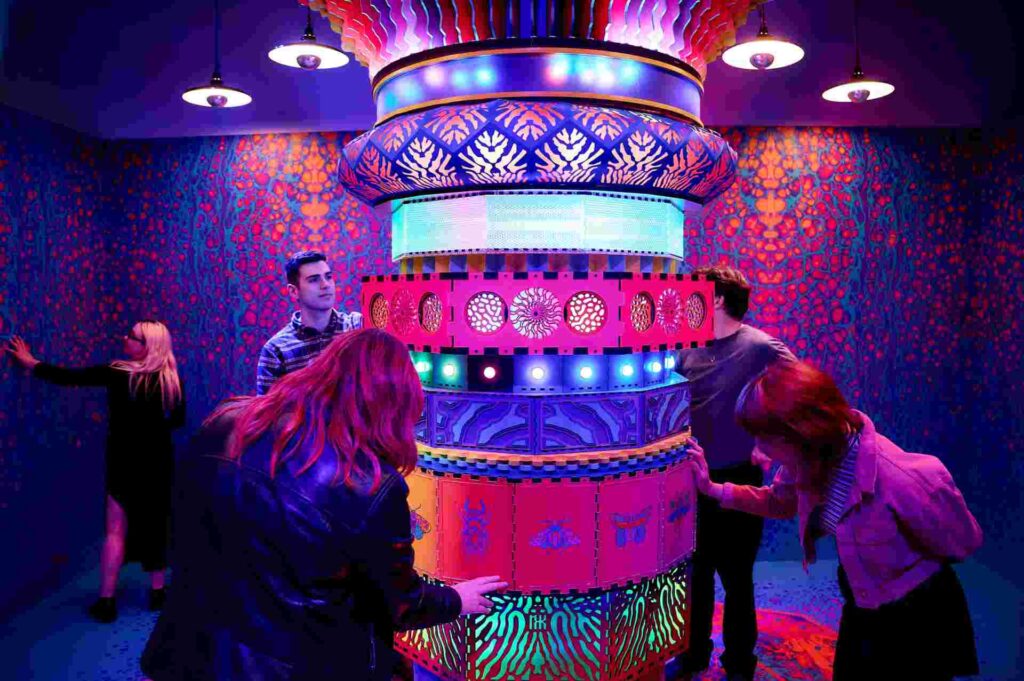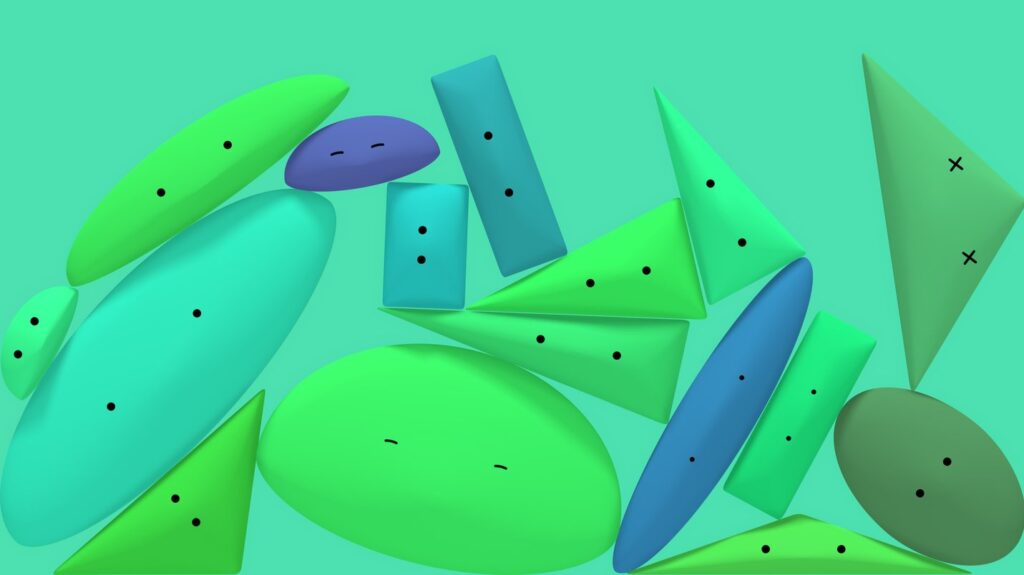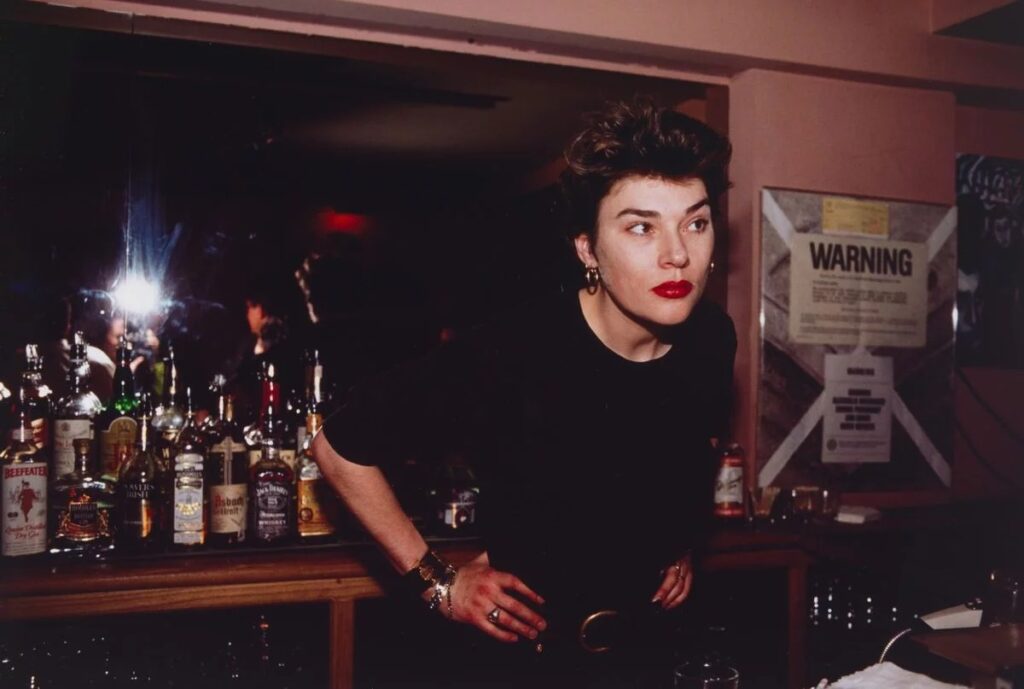Remember Jonah Takalua from Chris Lilley’s Summer Heights High ? It’s hard not to. He was the one who coined the phrase “Puck you!” to use against annoying teachers. He spoke in a strong, over-exaggerated Tongan accent, tagged penises all over the school and started fights with his break-dancing rivals. He was also expelled from three schools and had to take a remedial English class because he was, well, slower than the regular kids.
Sure, politically-incorrect comedic genius such as Lilley’s requires over-exaggeration in order to be truly effective. But Lilley’s choice of subject points to an unattractive societal fact: whether exaggerated or not, Jonah’s characteristics typify our perceptions of people from Pacific Island backgrounds.
Jonah is a delinquent who, at the end of the series, is expelled for the fourth time in his high school career and is likely to be heading for a stint in juvenile detention.
Pacific culture doesn’t exist solely for the purpose of providing subject matter for comedians. The large multitude of Islands in the Pacific Ocean have their own vast and intricate histories and traditions which tend to get overshadowed by the silly pleasure that our jabs at quips of minority groups may provide.
Shedding a light on the forgotten or unknown cultures is the motivation behind Pacific Stories, a film project which sees participants from PNG, West Papua, Solomon Islands, Fiji, Vanuatu, New Caledonia and other islands sharing their stories.
Project facilitators Lia Pa’apa’a and Amie Batalibasi came up with the idea for Pacific Stories when a young woman from Papua New Guinea approached Batalibasi, a filmmaker, and asked if she could help her share her story through film.
“At first I was a bit overwhelmed, says Batalibasi. “I said, ‘Film’s a big thing. You need lots of money to make a film.’ Then I thought about it and went, ‘Well no, I have the skills to share my film skills and there must be other people out there like her as well who want to tell their story.”
From there, Batalibasi got Pa’apa’a, a teacher and cultural diversity educator, involved to help get the project off the ground. Pa’apa’a engaged interested filmmakers in discussions about culture and identity – themes that are explored within the films.
“Most of the participants are second/third generation Australians. Many of us were born here and have never lived in a Pacific nation,” says Batalibasi, herself a second generation Solomon Islander. “Lia [Pa’apa’a] is Samoan/Mexican,” Batalibasi laughs at the unlikely combination, “so there was a lot of talk about – identity and connecting back with culture and with homelands and how we do that living in this Australian, urban environment. A lot of these themes came out in the films.”
It’s true that when living in Melbourne, it’s hard not to get swept up in all of the Americanized modern coolness that it provides. It’s also easy for those from Pacific Islander and other backgrounds to forget where they came from and just melt into the mass boiling pot that is the city.
“One of the films talks about language,” says Batalibasi. The filmmaker grew up in a household where they spoke English and were encouraged to not speak the language from home. Parents [often] here don’t continue with that kind of cultural development. They really just assimilate or just try to assimilate.”
And so the project not only serves to illuminate Pacific Island culture for others, but also helps the participants to rediscover their own roots. “Even though we’re from all different Pacific nations, there are things that we have in common so we’re using this project to find common grounds and just build that identity and culture here in Melbourne,” says Batalibasi.
The 15 participants who became interested in making films had no previous experience but after Batalibasi’s and Pa’apa’a’s guidance and the use of professional equipment and editing facilities at Victoria University, eight short films have been finished for the screening.
“Most of them are documentaries,” says Batalibasi. “One of them explores something called reva reva which is tattooing done in Papua New Guinea and the student has made a film about how she’s keeping that tradition alive in a contemporary context.”
Another film is about a Torres Strait Islander artist who lives in Melbourne. “That’s a really fantastic film and has beautiful sequences of this artist dancing in masks made from turtle shells.”
